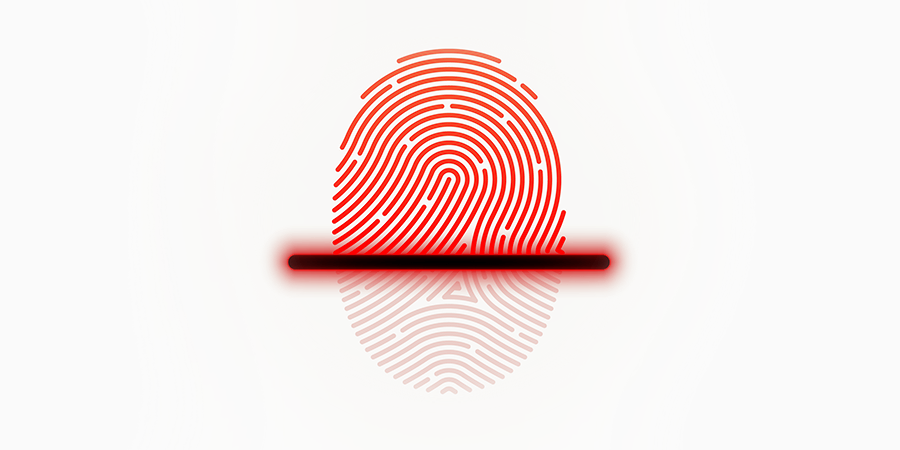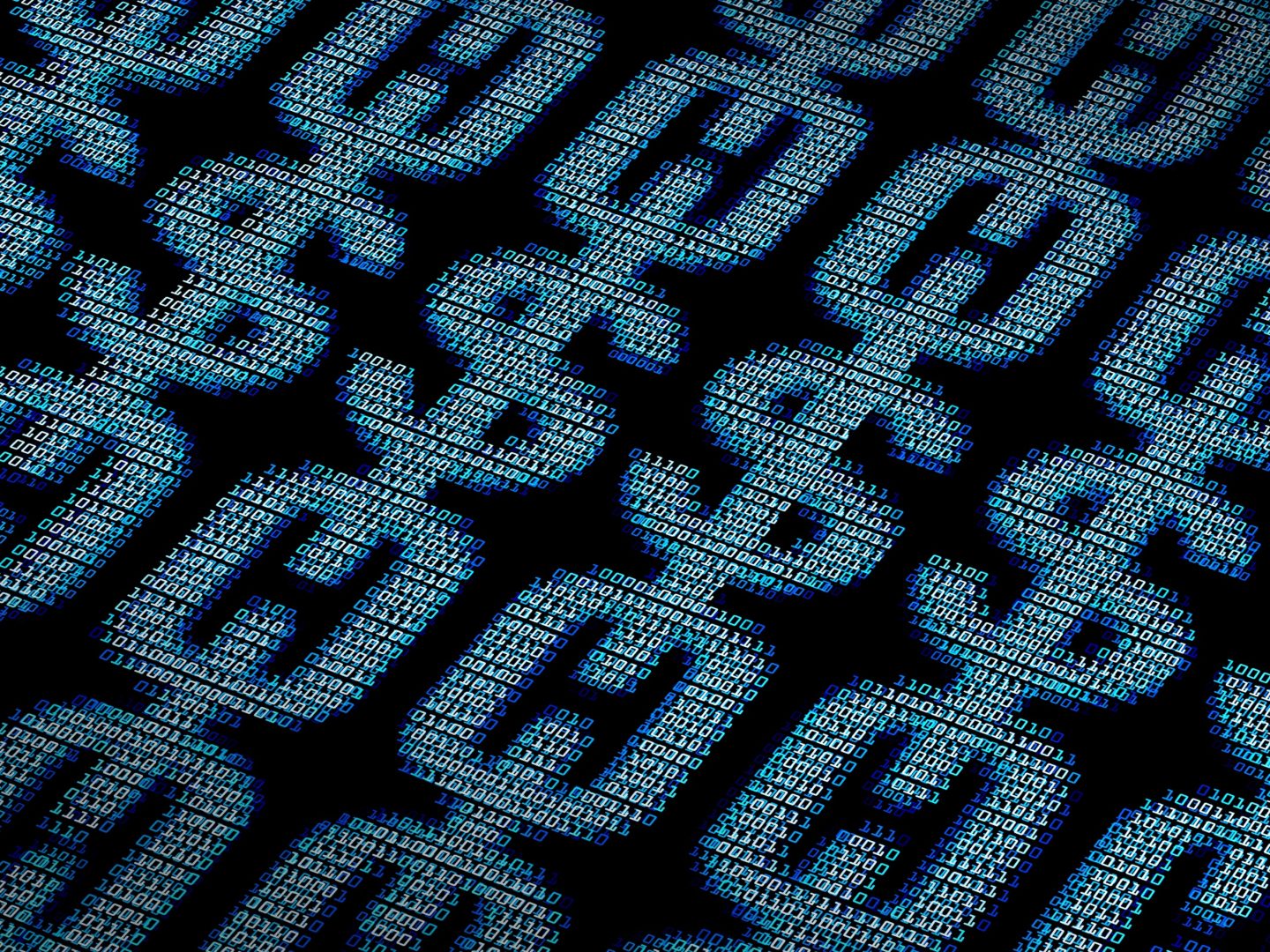Interaction designers create online activities that are so addictive, they want you to come back and use them again and again. Many of the services they create are free, in fact, they give their services away as part of an exchange for something they want, that you have. Not money; but something else; something more valuable. They want you and your data!
- Your Identity
It’s no secret that whenever we use an app, the interaction creates a digital impression that yields an insight into who you are; what you do; where you live; what your interests are; where you go and much much more: from what you eat to what you read. Instead of just a name and an address, start thinking of our identity in much bigger terms that include your location, health, lifestyle, occupation or even your sexual orientation, your very DNA and religious, or political beliefs.
Many people think that this exchange, your data for free services, is a bad deal. As we begin to understand the power of our data, many people have formed the belief that it is time to give people back the hidden power of their identity.
- Your Data
We’re living in an age where computers look at people through a telescopic lens, tracking our activities at a microscopic level. In some ways, sharing data about you can really help solve some big social or economic problems that could for example: improve community services such as public transport or healthcare. Empowering community leaders with data-driven insights helps them make smarter, better decisions. So sharing your data can be a good thing!
- Your Data Your Rights
Yet your data is also being exploited by organisations who sell advertising that is targeted at you in a personalised way. They may even exploit vulnerabilities or any tendencies you may have to do something when you feel lonely, isolated or sad. In this scenario, we’re talking about highly educated data scientists who are creating Artificial intelligence technologies to interpret people as a commodity. I am no longer a person, I am instead a statistic with strengths and weaknesses within a set of criteria, and some of that criteria is predicted from the data gathered, in which case, it might even be wrong.
The reality is, the Tech Giants are aggregating our personal data in an industrialised way and then selling it to organisations around the world. Every time you post an image, leave a comment, or share an event, it produces analytics that are making some people extraordinarily rich. After all, whose data is it anyway?
If you’re using face recognition, then your face has been transformed into a set of measurements that you do not own. Which means, your face could be reproduced and displayed in another continent without your consent. Even though the image may be of your face, you have no ownership, right or control over how that image is used.
As things stand, whenever we use an app, we have no way of knowing what our data is being used for and by whom. As far as we know, it could even be used by a covert fanatical military or religious terrorist group on a mission to bring doom and destruction. It ‘s a dark dystopian analogy, yet it makes an important point that it is essential that we take back control over our identity.
- Web 3.0
Claims that the internet is broken are driving a global mission to re-engineer its architecture, and fix it so that the internet cannot be manipulated, used or abused. If we could manage and protect people’s ownership and control over their personal identity and data, it would put an end to things like fake news. So that, when you receive an email you would know who sent it; in which case you would be sure that people really are who they say they are. Ultimately, It would put trust back into the internet and make it a safer and fairer place.
To implement these changes we are not limited by technology, we must instead commit to a culture shift that empowers people, and not enslave them. If we are to prevent our data from being used in ways we do not like or wish to avoid, then it is our moral responsibility that we create a positive legacy for the future. Ultimately, the technology infrastructures we create now will scale and will become the foundations that determine our social norms, and if we get it right now, we build a better future!
Self-Sovereign Identity
To encapsulate this movement the term Self-Sovereign Identity (SSI) has emerged, by definition the word Sovereign means:
- a : possessed of supreme power
- b : unlimited in extent : ABSOLUTE
- c : enjoying autonomy : INDEPENDENT
Moving forward, the term Self-Sovereign Identity projects an ambition that is being defined by a set of 11 characteristics.
- Existence. Users must have an independent existence.
- Control. Users must control their identities.
- Access. Users must have access to their own data.
- Transparency. Systems and algorithms must be transparent.
- Persistence. Identities must be long-lived.
- Portability. Information & services about identity must be transportable.
- Interoperability. Identities should be as widely usable as possible.
- Consent. Users must agree to the use of their identity.
- Minimisation. Disclosure of claims must be minimised.
- Protection. The rights of users must be protected.
- Provable. Claims must be shown to hold true.
CEO’s, Entrepreneurs and Business Leaders who are building or in control of large communities have a duty to regulate the activity inside their network, so that if necessary they can identify and stomp out offensive, damaging or hateful content. They need a level of visibility into the data they gather so that they can fulfil their responsibility to maintain an ethical operation. Furthermore, it would be crazy to lock up all data in a vault and in the process, throw away any opportunity of using data positively.
We need to create infrastructures that are transparent and yet within this environment, people’s Personally Identifiable Information (PII) remain private.
Personally Identifiable Information
Turning this problem into a solution is possible through the use of Blockchain technology, an immutable ledger that mediates, decentralises and validates interactions. So instead of storing everyones personally identifiable information such as names, email addresses or passwords in a centralised storage, this information stays with the user and under their control. Furthermore, there are a couple of good reasons why this is a really good idea!
If you keep everyone’s personally identifiable information in a centralised vault and there is a data breach, then everyone’s data is compromised. Where as, if everyone’s personally identifiable information is under their own control, then in the event that someone’s account is hacked, only their data is stolen. Data breaches happen all the time and the fines are severe – £20M or 4% Global Revenue.
Zero knowledge Proof
One method used to authenticate people without giving away their personally identifiable information is a data interaction construction called Zero Knowledge Proof. To explain, imagine that I am a vendor selling age-restricted content, I need to know that you are over 16 years old before I give access. If I ask you for your date of birth, I force you to disclose your personal information. Whereas, if your data which I know is true, exists in a vault which I cannot see, is asked by an algorithm “are you over 16?” and the answer is “Yes”, then I can give you access without forcing you to disclose personal information.
Think of all the times you have entered your address, date of birth, place of birth and mother’s maiden name. Apart from the feeling of reluctance I personally feel when I am forced to give away all this information over the internet, there is also the responsibility to ensure that as a service provider this information is stored safely (or deleted), and that it is not stolen or compromised in anyway. Wouldn’t it be better if we just didn’t have to do all that in the first place?
#hexology
More sophisticated than ever before, the millennial and post-millennial generations have privacy and trust expectations over every technology platform they use. The stories that underpin a community and the ethics that drive it, are resonant.
In this respect, #hexology is being built on the foundations of Self-Sovereign Identity, so that every time you publish or share content, you know the quality of the information shared is accurate, and ultimately you know that people really are who they say they are.
Imagine being at an exhibition, trade show or festival, and as you roam around you pick up information about an event that has been published by a person you have never met before.
- How do you know that this event is authentic?
- How do you know that the person that created this event is genuine?
- You may even be asked to sign up using your personal details or make a micro-payment, in which case, how does #hexology protect you from sending your payment to an unknown account?
In the world of hexology, which empowers people to bring their content into real locations so that they can connect with others in proximity, it is essential that everyone’s identity is validated and protected. We’re building a technology that enables us to fulfil a promise that gives you power over your personal data.
This is not rocket science, it is instead born out of an opportunity that is emerging through cutting edge technology, and a commitment to give our users a fundamental human right. Coming at a time when society is asking for a more responsible approach, #hexology solves two of the biggest problems of our time:
- #hexology validates a user’s identity, so we know that people really are, who they say they are.
- #hexology puts you in control of your personal data so that it cannot be exploited without your consent.
Ultimately, #hexology is being engineered to pass on these securities to you. Although we will harvest data, we want to give people options to keep core parts of their identity private and in their own vault. After all, whose personal data is it anyway? It’s yours, right?!!



